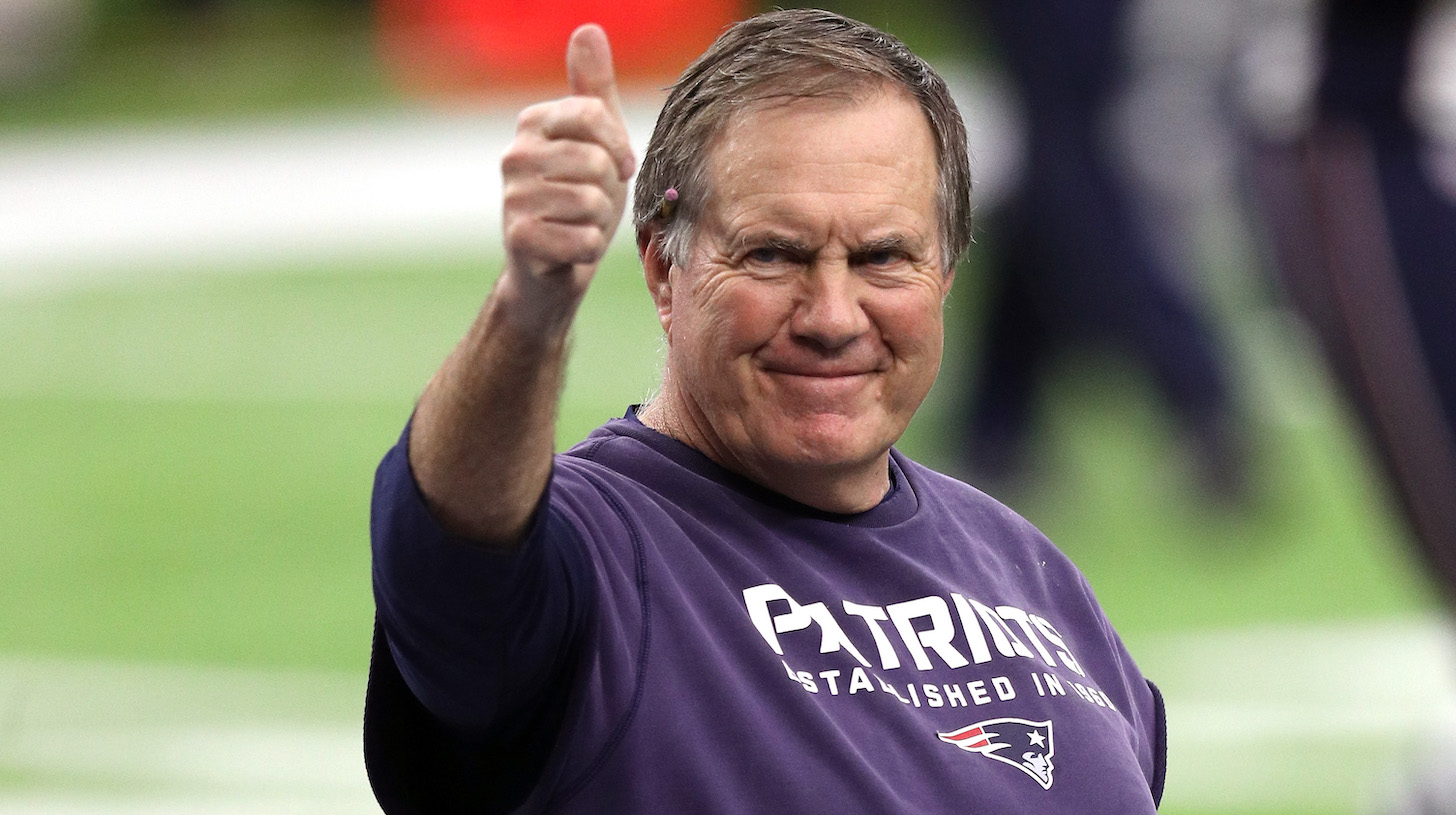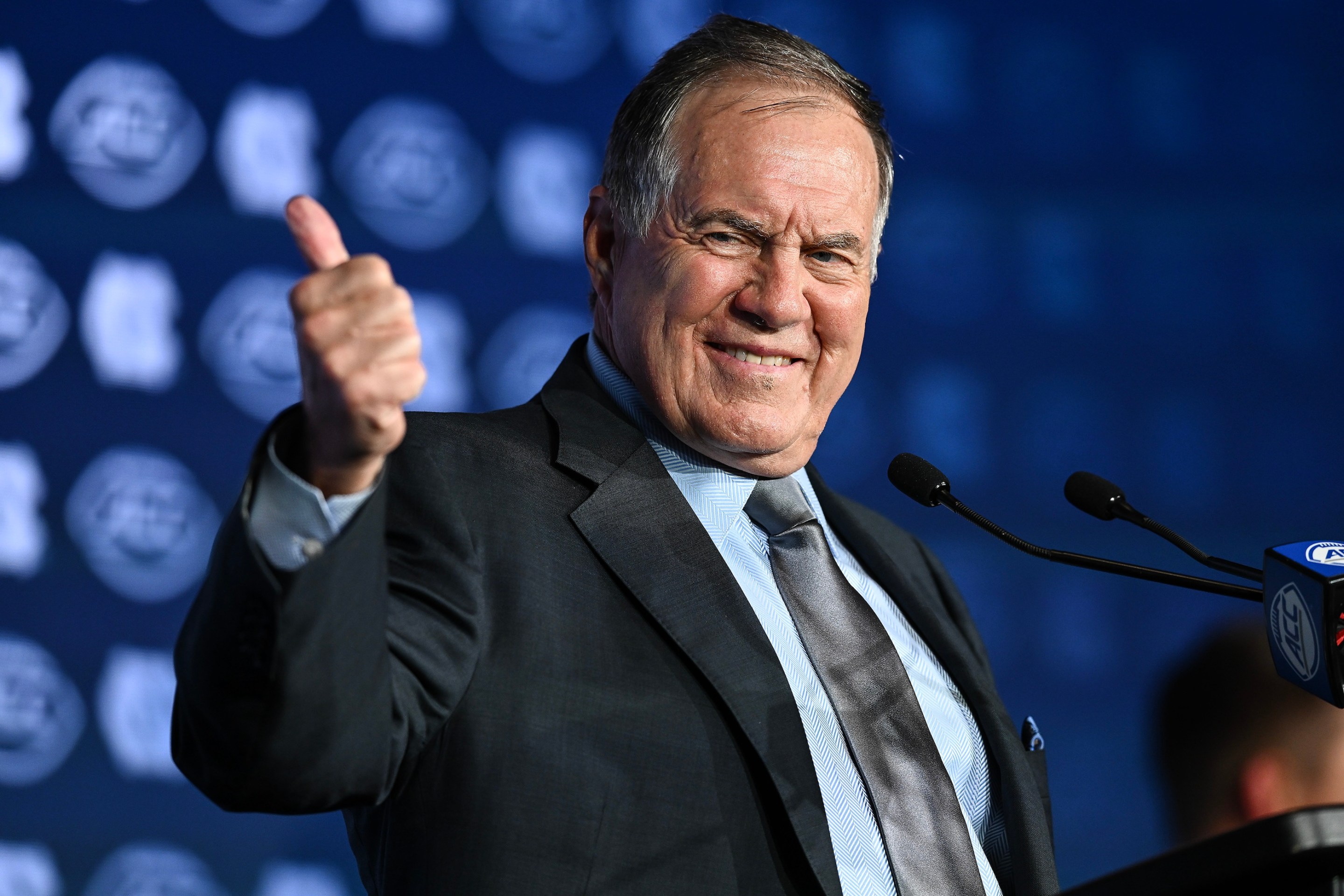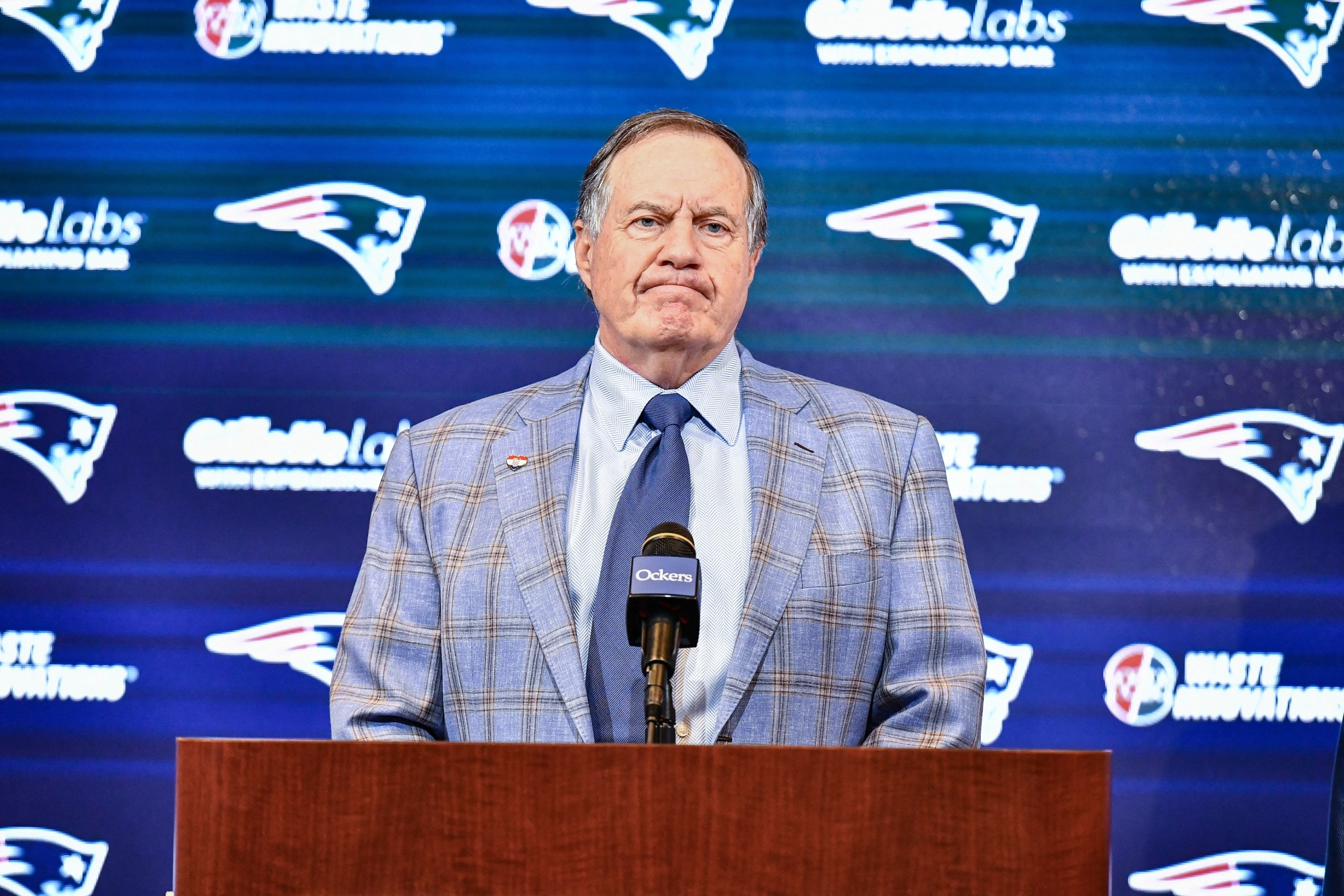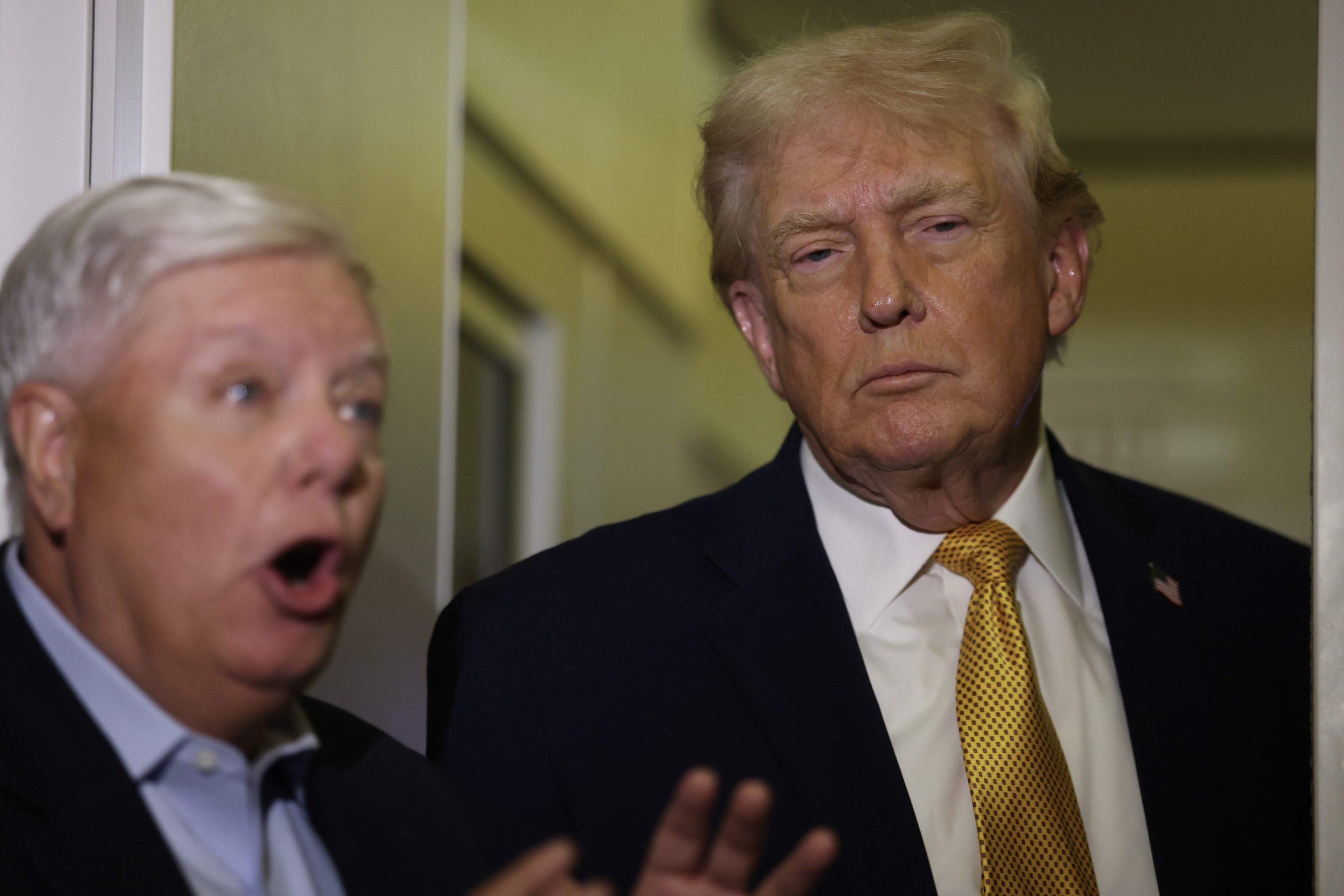In about the same amount of time it takes Bill Belichick to cut the sleeves off his sweatshirt, the New England Patriots have guaranteed free-agent signings over $137.5 million, which, per ESPN’s Adam Schefter, places them second in NFL history for most guaranteed money in a single free-agent signing period.
In less than 24 hours, the Patriots have guaranteed over $137.5 million, placing them second in NFL history for most guaranteed money in a free-agent signing period. The record could be theirs before free agency officially begins at 4 pm Wednesday. pic.twitter.com/fEyRItUjvL
— Adam Schefter (@AdamSchefter) March 16, 2021
So far, Belichick’s free agency stockpile includes tight ends Jonnu Smith and Hunter Henry; receivers Nelson Agholor and Kendrick Bourne; outside linebacker Matthew Judon; defensive tackles Davon Godchaux and Henry Anderson; and defensive back Jalen Mills. This wave of signings is a rare departure from Belichick’s typically thrifty approach to free agency. Per ESPN’s Mike Reiss, the Patriots spent only $51 million in bonuses and guarantees on free agents over the prior three offseasons combined.
What on Earth could be prompting this uncharacteristic hoarding of players? Could it have anything to do with, oh, Tom Brady winning a Super Bowl immediately after leaving New England?
“They are never going to admit, but they feel pressure with Tom winning,” one veteran agent said. “[Former Patriots VP of personnel] Scott Pioli can go on NFL Network and say that has nothing to do with it. Bullshit, it does.”
One person familiar with the Patriots’ thinking disagreed with that notion. “They don’t think like that,” they said. “I just think they were trying to rebuild their roster, and they were in a good position to make some moves.”
Brady tallying one up without Belichick certainly could be a motivating factor here, but as the source pointed out, there are a few more things at play. It’s no secret that New England hasn't drafted well recently. This overcorrection in free agency is compensating for several years of failed draft picks and aging stars that left the roster in rough shape. Last year, quarterback Cam Newton struggled with a lack of pass-catchers, which explains the Boston TE party of Smith and Henry, as well as WRs Agholor and Bourne.
The Patriots took two tight ends in the third round of the 2020 draft, but neither made an impact as rookies. Devin Asiasi and Dalton Keene both spent the season buried on the depth chart or as healthy scratches. Asiasi played in nine games and had two catches for 37 yards; Keene played in six games and had three catches for 16 yards. Meanwhile, 2019 first-round pick N’Keal Harry has been a disappointment at receiver in his first two seasons, and he is reportedly on the trade block.
The addition of Smith and Henry feels like a reflection of what New England thinks of its 2020 rookie tight ends, and the run on Agholor and Bourne is also an admission that drafting hasn’t paid off there.
But as Reiss points out, maybe the biggest reason for Belichick throwing money around is the abnormal decrease in the salary cap. In a normal league year, the cap rises by about $10 million, but this year the cap dropped from $198.2 million to $182.5 million because of loss of revenue due to the pandemic. Because of their historical aversion to spending big money, New England was in a great situation with the third-most cap space in the league, just behind the Jaguars and Jets.
Because of that, it thinned the field of teams the Patriots were competing against for free agents because many teams were scrambling just to get under the cap. That sweetened the free-agent pool, making players in the prime years of their career available who might not have otherwise hit the market; consider that Smith and Bourne are 25, Godchaux and Mills are 26, Agholor is 27 and Judon 28. So with an abundance of salary-cap space to work with, and knowing the cap is going to spike in the coming years because of new television broadcast deals, Belichick and the Patriots went all-in like never before.
Mike Reiss/ESPN
“There were only so many teams that were going to be in the market yesterday,” the veteran agent told me, using Henry’s three-year deal with $25 million guaranteed as an example. “For a lot of teams, in a normal year if the cap goes up $10 million, Hunter Henry might get $14 or $15 million [per year], but because the cap went down and New England had the most space, it allowed them to really go and get some players at better prices. They were able to overpay but not overpay in a normal marketplace.”
This advantage was something that another agent warned me about last week when discussing the effect of the decreased cap. They raised the concern that the smaller cap would end up disproportionately punishing successful teams, since they are typically the teams who have drafted and developed better players, who have higher values and take up more cap space.
So, yes, from one point of view, things have broken the Patriots' way: They've got a spending advantage as a reward for their first mediocre year in two decades.






